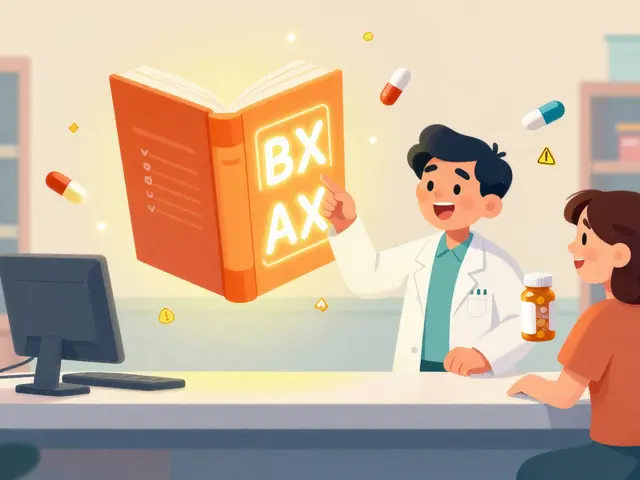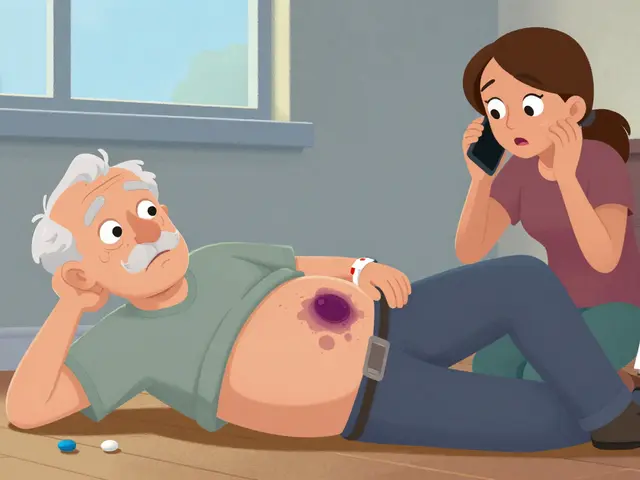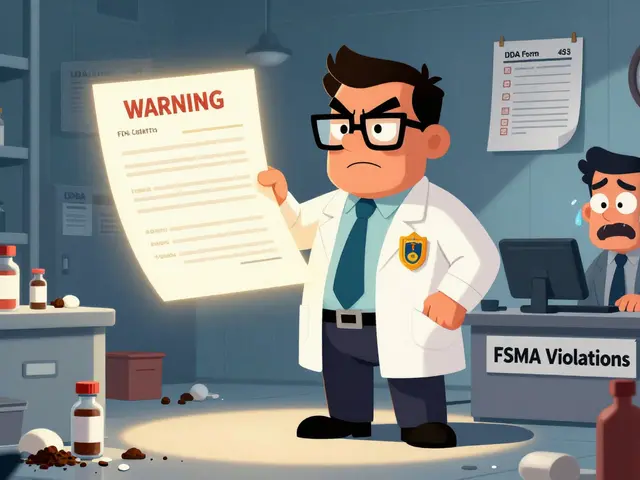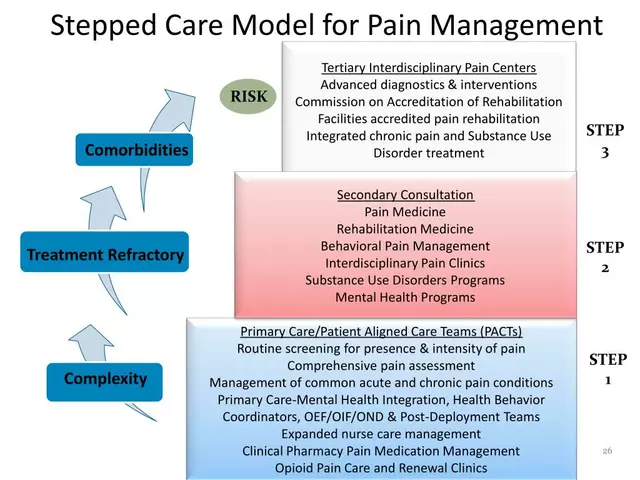IBS Treatment That Actually Helps
If you’ve been battling irritable bowel syndrome, you know it’s more than just an occasional upset stomach. The good news is there are several practical steps you can take right now to calm the gut and feel better faster. Below we break down the everyday changes, proven medications, and therapy options that work for most people.
Simple Lifestyle Changes That Work
First off, look at what you eat. A low‑FODMAP diet – which cuts out foods like garlic, onions, wheat, and certain fruits – has helped many folks reduce bloating and pain. You don’t have to go full restrictive overnight; start by swapping one high‑FODMAP item a day for a low‑FODMAP alternative.
Stay hydrated, but watch caffeine and alcohol. Both can trigger spasms in people with IBS. Aim for 8‑10 glasses of water a day and keep coffee to a single cup if you notice it makes you groggy.
Regular movement matters too. Even a 15‑minute walk after meals can speed up digestion and cut down on gas. If you enjoy yoga, focus on poses that gently massage the abdomen – child’s pose and seated twists are great choices.
Stress is a hidden culprit. Try a quick breathing exercise: inhale for four seconds, hold for four, exhale for six. Doing this a few times a day resets the nervous system and often eases IBS flare‑ups.
Medication and Therapy Choices
When diet and habits aren’t enough, medication can fill the gap. Antispasmodics like hyoscine or dicyclomine relax the gut muscles and reduce cramping. For diarrhea‑predominant IBS, loperamide works well, while fiber supplements such as psyllium help with constipation‑predominant cases.
Prescription options include low‑dose tricyclic antidepressants (TCAs) or selective serotonin reuptake inhibitors (SSRIs). These drugs modify pain signals and often improve mood, which can indirectly calm the gut.
Don’t overlook therapy. Cognitive‑behavioral therapy (CBT) and gut‑focused hypnotherapy have shown solid results in clinical trials. Even a short series of sessions can teach you how to reframe stress and break the gut‑brain loop that fuels IBS.
Before you start any new drug, talk to your pharmacist or doctor. They can match the right dose to your symptoms and flag any interactions with other meds you’re already taking.
Bottom line: combine a low‑FODMAP approach, steady movement, stress management, and the right medication, and you’ll see a noticeable drop in IBS flare‑ups. Keep a simple symptom diary – note what you ate, how you felt, and any meds you used – so you can spot patterns and adjust quickly. With these tools, you’re well on your way to a calmer, more comfortable gut.

Bentyl (Dicyclomine) Guide: Uses, Dosage, Side Effects & FAQs
A plain‑English guide to Bentyl: what it treats, how to take it, common side‑effects, safety tips and answers to the questions patients ask most often.





